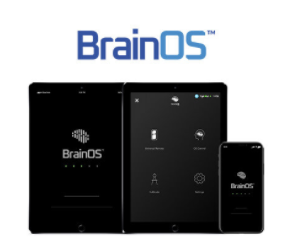
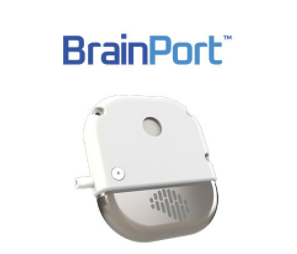
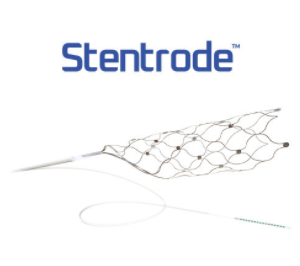
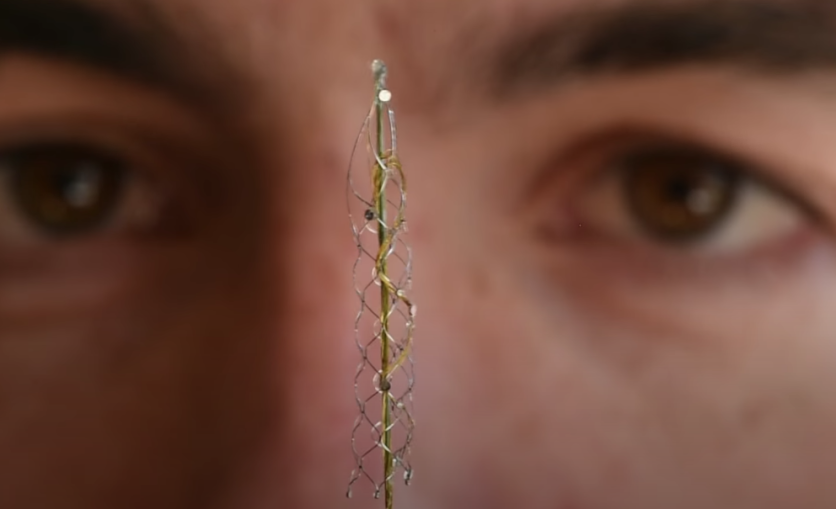
California Start-up Synchron recently published its study and findings in the success of the "Stentrode" Brain chips implanted in the blood vessels of paralyzed and disabled patients to help them control and use computers with their minds. The new neural chip utilizes a revolutionary way to implant the device in the body's bloodstream adjacent to a specific part of the human brain.

The startup company primarily focuses on giving disabled and paralyzed patients a new way to control devices such as computers without moving or physical manipulation. Synchron's latest venture proves its technology to be revolutionary and helpful for those afflicted by accidents and diseases such as ALS or Lou Gehrig's disease.
Synchron Med: Stentrode for Paralyzed and Disabled Patients
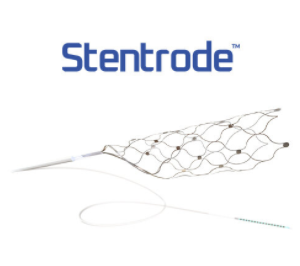
According to Unilad.co., Synchron recently published the results of its study and findings that portray the success of the Stentrode chip that helped disabled patients to control a computer mentally. The chip promises to help people perform computer tasks with their brains, primarily to those suffering from disabilities.
Patients diagnosed with Amyotrophic lateral sclerosis, also known as the "ALS" or "Lou Gehrig's Disease," are the brain chip's primary target that promises to help with computer use and functions. According to Mayo Clinic, ALS is a disease that affects the brain and spinal cord's nerve cells, hindering a person's muscle control.
The brain chip may help in other physical disabilities and paralyzation cases, such as cerebral palsy and accidents. According to the Rehab Pub, the United States' Food and Drug Administration (FDA) recently approved the Stentrode chip as a "Breakthrough Device" for brain implants without the grueling and risky open-brain surgery.
A 60-year-old man from Australia who has the ruthless ALS is one of the Stentrode technology proponents. The man was inserted with the Stentrode chip in April 2020 and admitted that it has helped him send e-mails without using his hands or voice.
How Does Stentrode Work?
The Stentrode brain chip is a tiny stent with sensors that does not require a risky open-brain surgery for insertion and use. The implantation would be done through a blood vessel insertion in a person's brain. The chip would then expand in the blood vessel to secure itself on the walls that promise not to obstruct blood flow.
Synchron's Stentrode is a sensor chip that primarily relies on the body's blood vessels as the natural highway from the human brain. The chip is placed directly in one of the brain's blood vessels to record its neural signals, soon to be interpreted as a computer command.
The brain chip captures neural activity associated with mobility and movement. The interpreted signal would then indicate to a computer command's physical function, such as clicking on the mouse or keyboard.
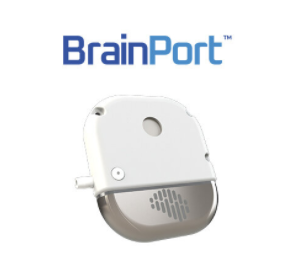
An artificial intelligence (AI) transmitter would then receive the Stentrode's interpretation and direct its command to its paired computer. A separate device is secured on a patient's chest, which emits the signal to a computer outside the body.
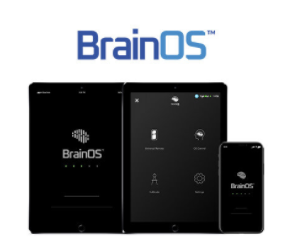
Stentrode's package includes the brain blood vessel chip, a "BrainPort" that would interpret the chip's commands, and an application called "BrainOS" to determine the chip's function and adjust settings. Synchron's neural chip venture surpassed Neuralink in terms of human testing and actual control of external devices.
Related Article : Neuralink Rival Already Goes into Human Trials and Brain Implants-Genneris 'Bionic Eye' Surpass Elon Musk
This article is owned by Tech Times
Written by Isaiah Alonzo





